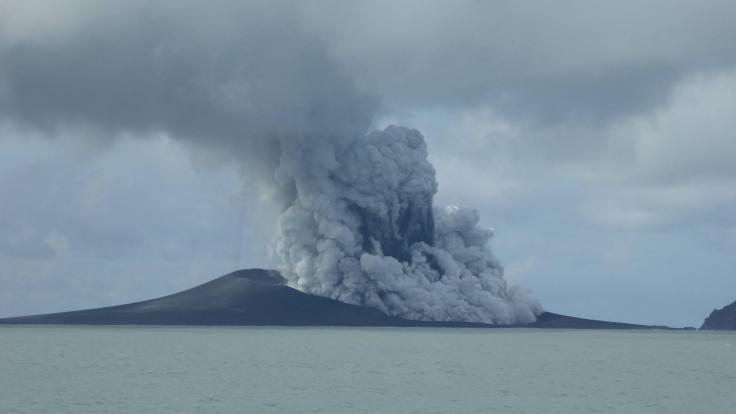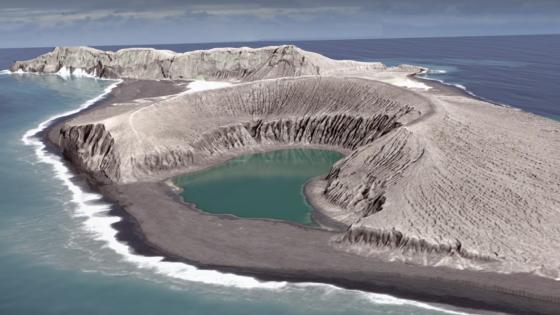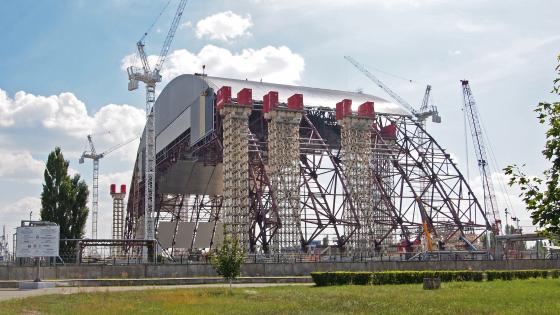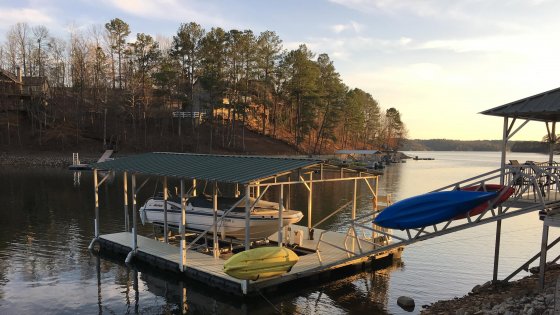Scientifics are impressed how the Island can still stand after the volcano eruption in 2014
In 2014, a volcanic eruption in the Pacific Ocean caused an explosion that it generated firm ground. As we all know, most of the islands in Oceania were created by volcanic eruptions. When these eruptions happen, they usually do not leave a trace, but after the huge explosion and after the huge cloud of smoke disappeared, the phenomenon left behind a new island.
The new land surrounded by sea was called Hunga Tonga-Hunga Ha'apai. It is the name of the island that grew in 2014 after the volcanic eruption. In spite of generating this new terrain, the geological experts anticipated that the island disappeared some time later. However, three years later, the island is still standing.
The Hunga Island Tonga-Hunga Ha'apai is located about 650 kilometers southeast of Fiji, in the Pacific Ocean. The size of the island is around a kilometer and a half long and the composition of the rock is hard to find after a volcanic eruption.
The tourists who were in the area on board of entertainment boats managed to film in 2014 the volcanic eruption. The cloud of smoke that was generated forced many flights to be diverted, but what nobody expected is that the eruption would leave an island in its path.

Imágenes de la nube de humo provocada tras la erupción
Different scientific groups are conducting various analyzes of how the island was formed. On the one hand, through satellites, we are trying to gather information about their formation and their composition. On the other hand and already from the laboratory, scientists take samples of the rock that covers the island to analyze it. This type of rock is much more resistant than the volcanoes leave in their normal course, so the chemical analysis on the rock samples can reveal the secrets of the island. It is also believed that the island can uncover secrets of existing land formations in places like Mars.
In either case, most scientists still think that the hardness of the rock will not be enough to keep the island on its feet for a long time, so they rush to take concrete steps to help them understand how it has happened this phenomenon.



